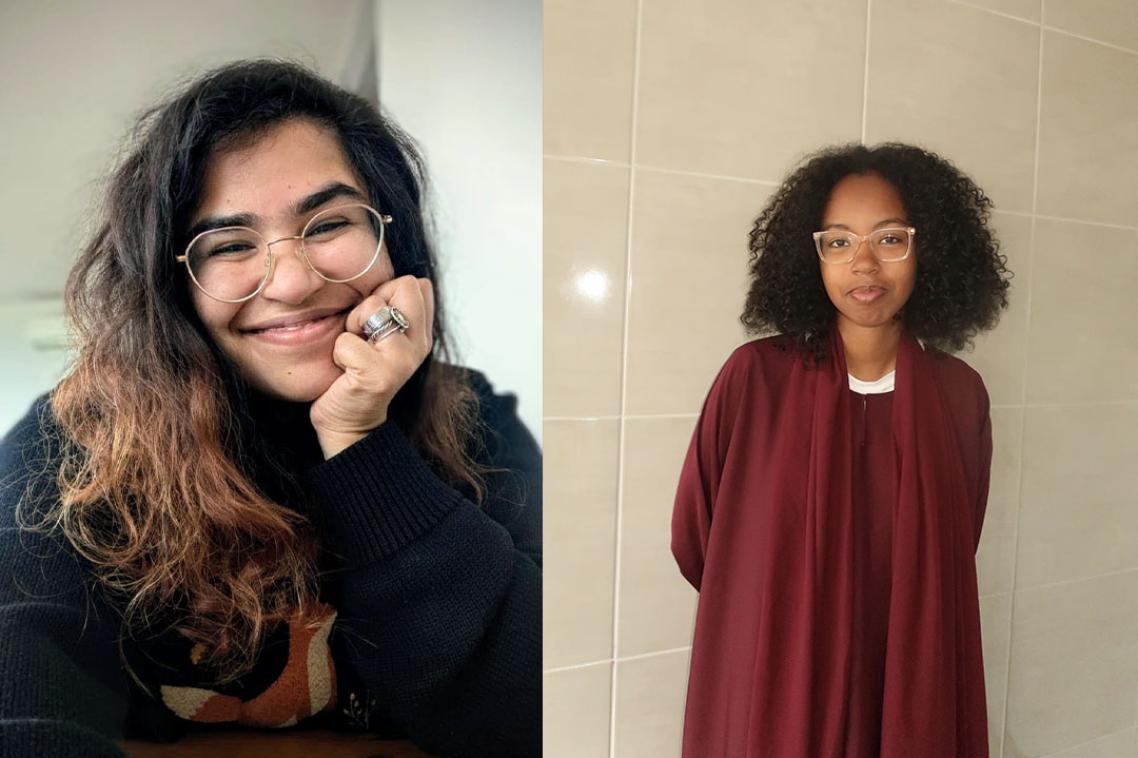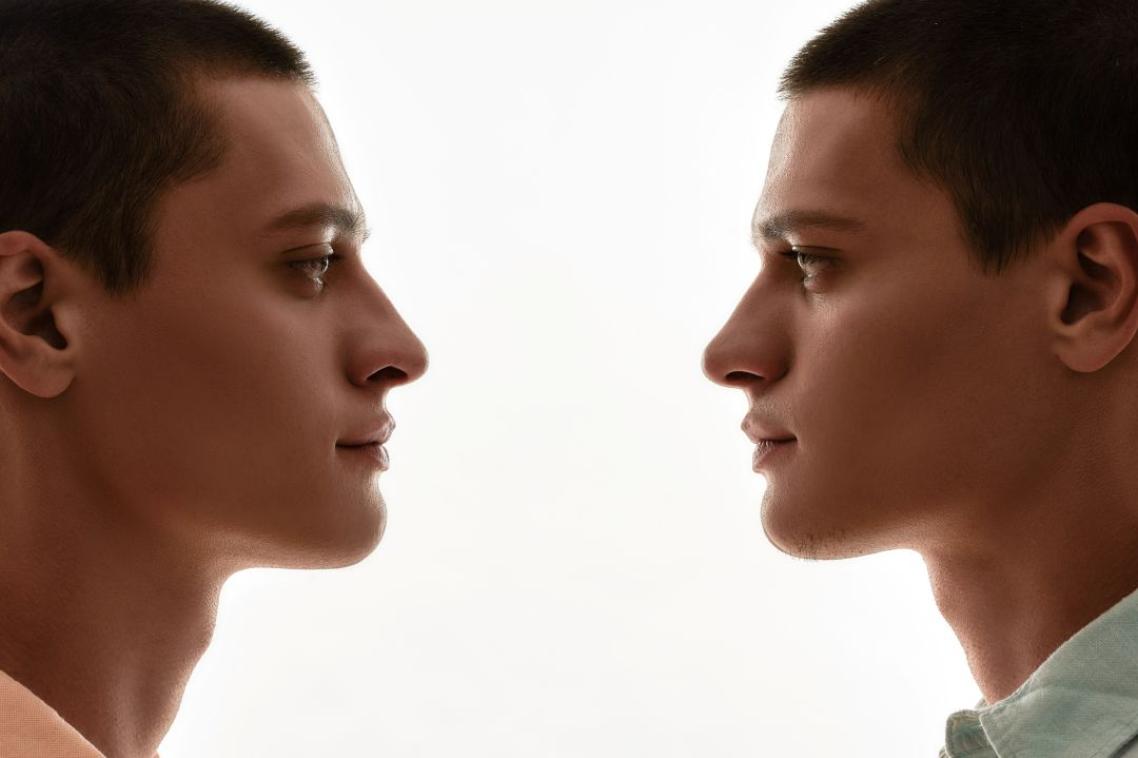Morally divided societies more likely to elect extreme political leaders

Unorthodox leaders who shake up the political system are more likely to be elected if people believe their society is morally divided and breaking down, University of Queensland research has found.
Dr Charlie Crimston from UQ’s School of Psychology said people may vote outside their own political orientation if they felt the need to restore moral order.
“Our research is the first that provides evidence of the causal links between moral division and the desire to elect extreme leaders as a potential solution,” Dr Crimston said.
“The study found that if people believed there was a breakdown in societal fabric, they were more likely to elect an authoritarian figure to restore order, such as Donald Trump or Pauline Hanson.
“On the other hand, if there is a feeling of lack of leadership in society, voters may be drawn to a progressive leader to unify and lead the country in a new direction, such as Bernie Sanders or Alexandria Ocasio-Cortex.”
The paper examined core values of groups such as right and left wing voters in Australia, the US, and the UK and the perception that opposing groups have incompatible moral values.
Professor Jolanda Jetten said it was this perception that fueled the idea that society was facing a ‘good versus evil’ battle.
“We actually agree on more than we realise and it’s the perception that our society is divided that presents more of a threat than the actual divisions that do exist,” Professor Jetten said.
Dr Hema Preya Selvanathan said it was our perceptions about society becoming increasingly divided and that the moral fabric of society was collapsing that were primarily what threatened social cohesion and political stability.
“We need to be particularly wary of people who play into these narratives for their own gain- whether that be politicians, media commentators, or interest groups,” Dr Preya Selvanathan said.
Samples were drawn from Australia, the United Kingdom and United States for the paper published in Political Psychology10.1111/pops.12787.
Media: Dr Charlie Crimston c.crimston@uq.edu.au; UQ Communications, Bridget Druery, b.druery@uq.edu.au (+61) 7 3366 3037.
Related articles

UQP announces winners of Mentorship Prize for under-represented writers

Nature versus nurture question addressed in landmark study
Media contact
UQ Communications
communications@uq.edu.au
+61 429 056 139
